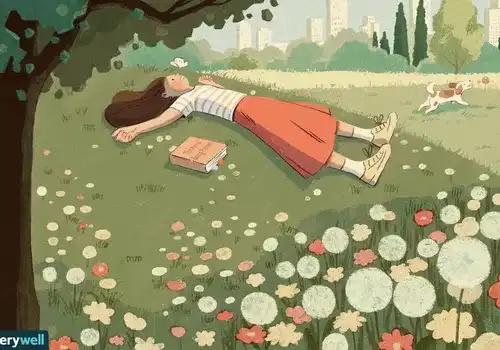Thinking of happines as an endpoint
Happiness isn't a goal you can simply reach and be done with. It is a constant pursuit that requires continual nurturing and sustenance.
One study found that people who tend to value happiness most also tended to feel the least satisfied with their lives. Essentially, happiness becomes such a lofty goal that it becomes virtually unattainable.
“Valuing happiness could be self-defeating because the more people value happiness, the more likely they will feel disappointed,”
Perhaps the lesson is to not make something as broadly defined as “happiness” your goal. Instead, focus on building and cultivating the sort of life and relationships that bring fulfillment and satisfaction to your life.
It is also important to consider how you personally define happiness. Happiness is a broad term that means different things to different people. think about what it means for you.
180
117 reads
CURATED FROM
IDEAS CURATED BY
I'm passionate about helping people live their best lives. I'm a lifestyle coach & burnout coach.
The idea is part of this collection:
Learn more about psychology with this collection
Identifying and eliminating unnecessary expenses
How to negotiate better deals
Understanding the importance of saving
Related collections
Similar ideas to Thinking of happines as an endpoint
"Happiness isn’t a goal that you can simply reach and be done with. It is a constant pursuit that requires continual nurturing and sustenance."
KENDRA CHERRY
The “sour-grape effect”
Named after "The Fox and the Grapes", the sour-grape effect is a systematic tendency to downplay the value of unattainable goals and rewards. We underestimate our future happiness because we don't always know what we want, and adjust our desires to what appears within reach.
...Valuing well-being as satisfaction
Understanding well-being based on feelings of satisfaction, pleasure, or happiness has two problems.
- The physical-condition neglect. Humans adapt to their circumstances, meaning the poor and sick can still be relatively happy.
- Valuation neglect.
Read & Learn
20x Faster
without
deepstash
with
deepstash
with
deepstash
Personalized microlearning
—
100+ Learning Journeys
—
Access to 200,000+ ideas
—
Access to the mobile app
—
Unlimited idea saving
—
—
Unlimited history
—
—
Unlimited listening to ideas
—
—
Downloading & offline access
—
—
Supercharge your mind with one idea per day
Enter your email and spend 1 minute every day to learn something new.
I agree to receive email updates

